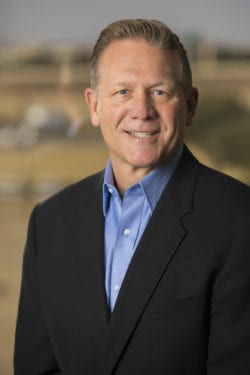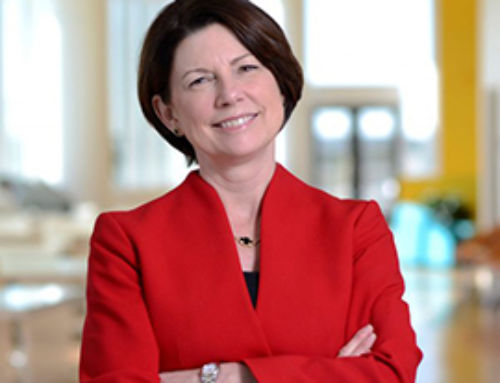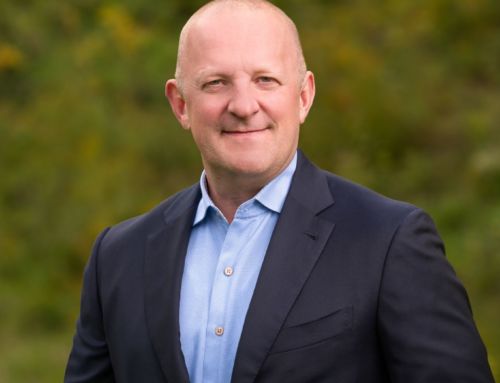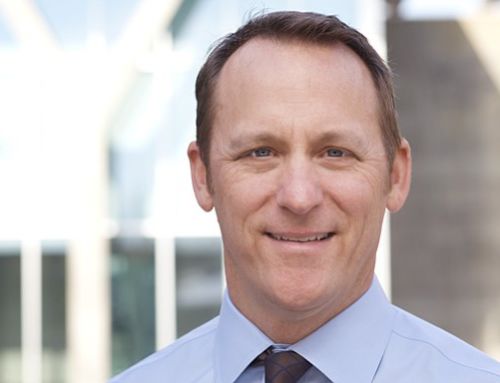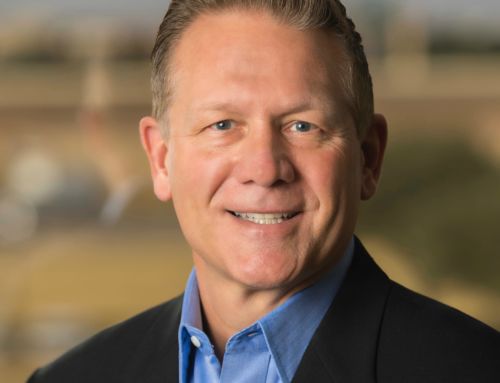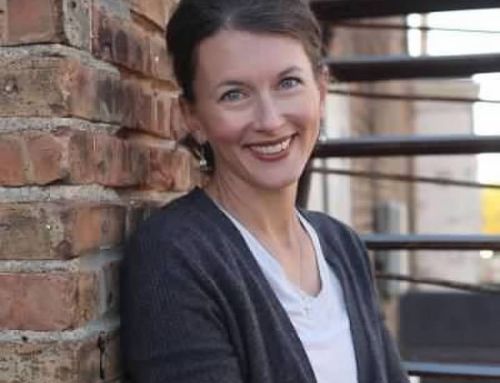
I shared how as a young person I set out to make as much money as possible and by the time I was forty I had done exactly that. I had all of the requisite toys and houses and cars and even a corner office. And yet, there was something missing, something more that I just couldn’t put my finger on.
If you are a leader, you have people just like me that you lead every day who are in the same bind I was in. I know, you are having a hard time believing it, but it’s true. All the statistics say so. A recent study by the Gallup Organization shows that only one person in five by their own admission gets to do what they do best every day. Doesn’t that seem a little crazy that just twenty percent of us are in our sweet spot? It’s actually probably worse than that, right? What person, when asked whether or not they are in the place they need to be, answers “No, I don’t think so.” A very honest person, obviously.
So, how does this happen in your organizations and with the individuals you lead? Let me hazard some guesses.
First of all, there is work to do and you as a leader need someone—anyone—to do it. It’s as simple as that. If you wait until you find the perfect fit for the role, the job will likely never get finished. At best there will be long delays and, at the end of the day, you are responsible to get stuff done and done well. That’s what you are tasked with as a leader.
So, from an organizational standpoint, the idea of finding what could be a needle in a haystack to get things done is a non-starter.
Secondly, helping people find their sweet spot is loaded with danger for you as a leader, at least at first glance. What if your quest to help them leads them to a competing organization or another role within your company that’s a better fit for them? Now what? How will you get your work done?
So, here’s what happens. We all settle. In fact, those stats I quoted earlier say that eighty percent of us have settled. We’re just doing stuff and many leaders are fine with that. No one has to go the extra mile and complicate things by asking a lot of probing questions and figuring out how we tick. It’s an endless loop; Work gets done, we go home and come back tomorrow and more work gets done, and so on and so on. It’s not good for any of us to do it this way, but it continues, sometimes for a lifetime without any kind of intervention or change.
Thirdly, for us as individuals, it takes a lot of bravery to question all of this, to stop where we are and take stock, to learn about ourselves and what our strengths and weaknesses really are and what that means for us going forward. It’s true that knowledge is power, but it’s also true that knowing the truth requires us to act upon it. That’s difficult and it takes time and commitment on our part.
And, thus we have what can best be described as a comfortably numb workplace where everybody knows it could be better but nobody wants to take the time or risk to fix it.
I was lucky and blessed. Though I had people telling me how ‘successful’ I was, and though I had achieved a great deal, in my heart I knew I was in the eighty percent. I didn’t really understand all of it at the time, but my real calling was, well, calling to me. To find it meant that I had to leave what I was comfortable with and strike out into the unknown in search of it. I’m sure there were people in my circle of friends and business acquaintances who thought I was crazy.
But a funny thing happened when I stepped out on the limb that day. I found joy and peace and a sense of purpose every day that had eluded me in my previous role.
Nobody tells you this when you start chasing money, but I will: Money couldn’t fix it. Cars couldn’t fix it. Houses couldn’t fix it. Only one thing could: Finding that one thing that I know I am supposed to do in this world. Being the CEO of the Halftime Institute is that one thing for me. Yes, it’s difficult and demanding. It has been a huge shift for me, and I wrote about the challenges in a recent article in the American City Business Journals (click here). Some days are much more difficult than my corner office job ever was. But I wouldn’t trade places because I’ve traded up.
If you’re a leader, do the right thing for your people and help them figure out exactly what God has for them. We are fearfully and wonderfully made. We all have a unique set of gifts and talents and it would only make sense that we get to use them every day. According to Gallup StrengthsFinder, every single one of us can do at least one thing better than ten thousand other people. We’re better as organizations and as individuals when everyone has found their one thing.
And, let me just close with a brief sermonette, if I may: Nothing glorifies God any more than when his people use all of what He has given us to be what we need to be in this world. We are all going about His business, whether we are pastoring a church or making a sales call. He wants us to be obedient to our calling, and feel the joy and excellence he intended for us all along.
